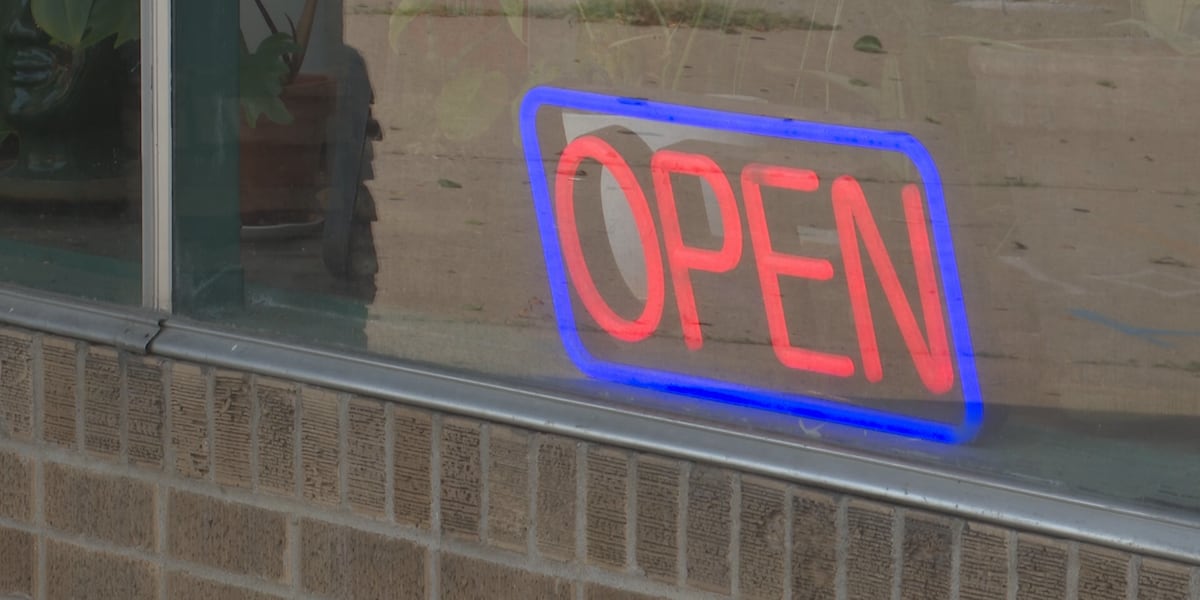On October 13, 2025, the Shanghai Putuo Primary People’s Court announced a criminal verdict against Xiao XX Yu Company and 5 people for operating e-commerce platform Xiao XX Yu that knowingly sold goods with counterfeit registered trademarks having a sales volume of 10.8 million RMB. The company was fined 3 million RMB and the company management were sentenced to fixed-term imprisonment ranging from 1 year, 11 months to 4 years, 6 months and were also fined.
As explained by the Court:
In 2019, Xiao XX Yu Company developed and operated an app-based e-commerce platform called “Xiao XX Yu.” As the company’s actual controller, Gou XX was responsible for the platform’s operations and management. Chen XX and three others served as deputy general manager, head of operations, head of investment promotion, and head of merchant management, respectively. Their respective responsibilities included platform development and maintenance, product pricing, supplier recruitment, and handling customer service complaints.
Gou and his associates originally hoped to maintain normal business operations and sell genuine goods. However, due to the high cost and low profit margins of genuine goods, the company resorted to selling counterfeit goods. They advertised for potential buyers, recruited merchants to join the “Xiao XX Yu” platform, and participated in the entire process of pricing, listing, promoting, and selling the counterfeit goods.
During their tenure, Gou and others, using the name of Xiao XX Yu, recruited merchants to operate e-commerce stores on the platform, selling counterfeit goods from international brands such as Gucci and Louis Vuitton. A judicial appraisal determined that the sales value of the counterfeit registered trademark goods involved in the case amounted to over 10.8 million RMB.
In June 2023, the five individuals were apprehended by public security authorities. Upon their arrest, the defendants, Xiao XX Yu Company, and Gou and the others, confessed to the aforementioned crimes. Defendants Gou and Chen confessed that Xiao XX Yu knowingly sold counterfeit goods, while the remaining three defendants confessed to knowing that the well-known branded goods sold by Xiao XX Yu were counterfeit.
The Putuo District People’s Court held that Xiao XX Yu Company knowingly sold goods with counterfeit registered trademarks, and the sales amount of more than 10.8 million RMB met the requirements of “other particularly serious circumstances;” the defendant Gou, as the directly responsible supervisor, and Chen and others, as other directly responsible persons, committed the crime of selling counterfeit registered trademarks.
Taking into account the confessions acceptance of guilt of the defendant company and defendant individual, as well as the status and role of each defendant in the joint crime, the court found Xiao Xx Yu Company guilty of selling goods with counterfeit registered trademarks and fined it RMB 3 million; Gou XX and others were found guilty of selling goods with counterfeit registered trademarks and sentenced to fixed-term imprisonment ranging from 1 year, eleven months to four years, six months, and fined them.
Additionally, the counterfeit-selling stores that operated on the Xiao XX Yu platform are being handled in a separate proceeding.
Judge Zhang Minjie of the Intellectual Property Tribunal of Putuo District People’s Court, stated:
E-commerce platforms, as a crucial link between supply and demand, should be the practitioners and guardians of standardized operations. However, some have reneged on this responsibility and actively engaged in the sale of counterfeit goods, becoming accomplices or even leaders in the circulation of counterfeit goods. These platforms leverage their technological advantages and distribution channels to directly participate in the counterfeit sales chain, making counterfeiting more covert and widespread.
Such behavior not only seriously disrupts the normal order of the e-commerce market, causes a devastating blow to the legitimate rights and interests of trademark owners, but also causes countless consumers to be defrauded on trusted platforms. Its harm is more far-reaching than ordinary counterfeit sales.
1. The difference between formal e-commerce platforms and criminal e-commerce platforms
In cases of selling counterfeit goods on e-commerce platforms, what is the difference between regular e-commerce platforms and criminal e-commerce platforms?
Generally speaking, legitimate e-commerce platforms are positioned as online service providers. Most of them proactively establish anti-counterfeiting systems, focus on risk prevention and control, actively respond to regulatory oversight, and cooperate in complaint handling. Even if individual merchants engage in counterfeit sales, the platforms’ compliance frameworks and proactive governance practices establish boundaries of responsibility.
The e-commerce platforms implicated in the crimes violated their role as neutral internet service providers. They actively recruited merchants to sell counterfeit goods without verifying the authenticity of authorized materials. When merchants’ prices were significantly lower than the market price of genuine goods, they raised prices by taking commissions and promoted sales to profit. Even after receiving numerous customer complaints, they continued to allow merchants to continue selling counterfeit goods.
In this case, Xiao XX Yu Company participated in the entire process of launching, promoting, and selling counterfeit goods. The standard for confirming the qualifications of platform suppliers is whether the fake brand samples they provide can be seen as “fake at first glance.” Knowing that the supplier provided a counterfeit brand authorization letter, it was still approved. Under the banner of “e-commerce brand discount sales”, it was sold at a price far lower than the authentic market price. As the scale of sales expanded, more and more consumers complained to the platform because they bought counterfeit goods on the Xiao XX Yu platform, and there were a lot of rumors on the Internet that the platform sold counterfeit goods. However, Xiao XX Yu Company continued to sell counterfeit goods to the outside world, and when employees worried about whether selling counterfeit goods would be criminalized, they said: “E-commerce platforms are middlemen, nothing will happen!”
II. The Harm of Counterfeit Sales on Platforms and Comprehensive Management
(1) Characteristics of counterfeit sales on platforms
When e-commerce platforms transform from ordinary “network service providers” to “active participants” in online counterfeit sales, online counterfeit sales will exhibit three main characteristics:
Technical concealment: Online stores can circumvent regulation by registering multiple accounts, changing store names, using fake IP addresses, blocking keywords, and fabricating logistics information.
Cross-regional diffusion. Relying on information networks, it breaks through geographical restrictions and allows the sale of counterfeit goods to radiate across the country and even the world.
Industrial chain collaboration: Online sales platforms recruit suppliers, formulate listing rules, attract customers, and provide training on after-sales tactics, thus forming a complete industrial chain collaboration to combat counterfeiting.
(2) Collaborative Governance of Counterfeit Sales on Platforms
In response to these new characteristics of online counterfeit sales, judicial authorities can collaborate with multiple departments such as public security and market supervision to actively adjust strategies and adopt “full-chain crackdown and traceability governance” measures to deepen governance.
First, strengthen platform governance . E-commerce platforms should build standardized operating systems and review mechanisms to ensure that the business operations conducted by platform merchants comply with national laws and regulations and intellectual property protection requirements, ensure that the platform operates stably on a legal track, and maintain market order and consumer trust.
The second is to focus on platform source governance. Take the online platform as the core of governance, use platform data to deeply explore criminal evidence, and accurately target stores selling counterfeit goods.
The third is to establish a mechanism for fixing and sharing evidence. For example, in view of the fact that electronic data is easy to tamper with and lose, multiple departments such as public security, market supervision, and the Cyberspace Administration of China can work together to establish a mechanism for quickly obtaining and sharing electronic evidence, so as to improve the efficiency and accuracy of evidence collection and fixation.
The original text is available here (Chinese only).









